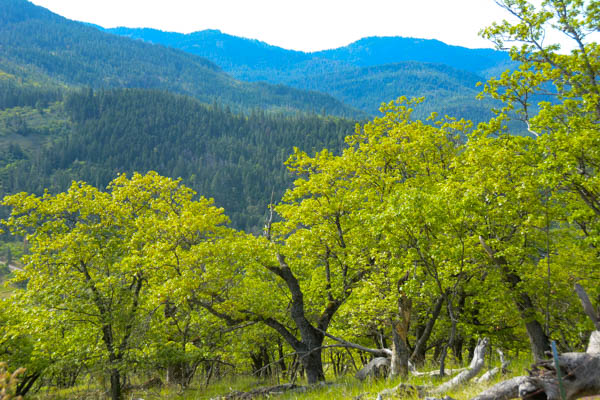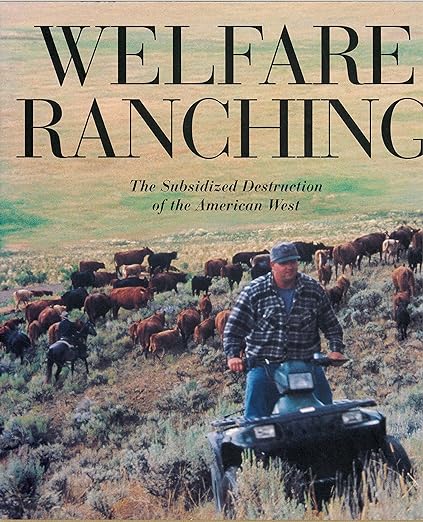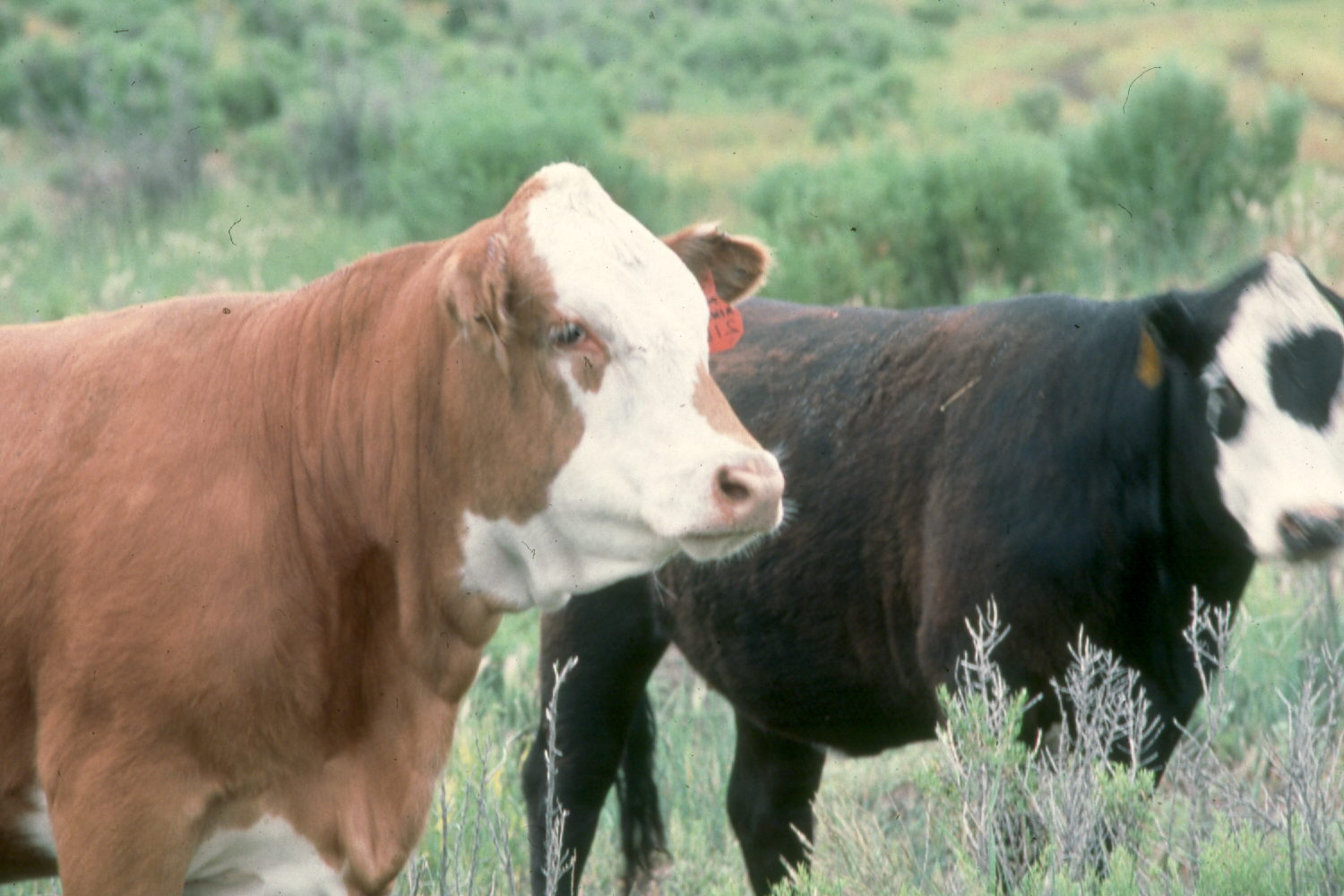Public Lands
-
On April 24th, 2024, the Vermont Law and Graduate School and Wild Horse Fire Brigade sent a letter to the Bureau of Land Management’s (BLM) District office in Medford, Oregon, proposing a collaboration between the Wild Horse (feral) Fire Brigade and the BLM to reduce wildfire threat through feral horse grazing on the Cascade-Siskiyou National…
-
The seminal work on public lands livestock grazing and its web of impacts, Welfare Ranching – The Subsidized Destruction of the American West is now available for download.
-
Attached is a Zoom talk I gave to the Massachusetts Sierra Club on the ecological costs of livestock grazing in the West, but I also provide evidence that livestock production has a serious global impact.
-
Cattle grazing in the Blue Range Wilderness of New Mexico. Photo George Wuerthner Anyone who has ever worked on public lands livestock issues knows that modifying the negative impacts of ranching operations, much less eliminating them, is nearly impossible. Domestic livestock grazing even occurs in national parks, national monuments, wilderness areas, and other public lands…
-
Changes in the riparian vegetation along the San Pedro River before and after livestock removal from the main river corridor. The Bureau of Land Management released its Environmental Assessment for livestock grazing in the San Pedro National Conservation Area (SPNCA) in Arizona. The BLM has decided that the rancher’s interests trump the public interest in…
-
Domestic sheep grazing in the Gravelly Range, Beaverhead-Deerlodge National Forest, Montana. Photo George Wuerthner A recent article on the Helle family and their domestic sheep grazing operations on the Beaverhead-Deerlodge National Forest was published In a November Bozeman Daily Chronicle. The piece was a puff piece on the sheep grazing practices of the Helle family…
-
Mount Boarh, Idaho’s highest peak rises above the riparian exclosure that is supposed to be ungrazed. Freighter Spring, Challis National Forest, Idaho. Photo George Wuerthner I recently spent some time hiking in Central Idaho. At the base of Mount Borah just off the Doublesprings Road, I decided to check out a large riparian enclosure surrounding…


